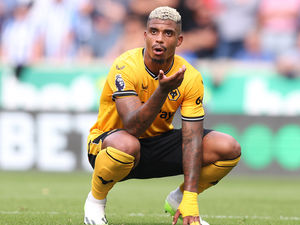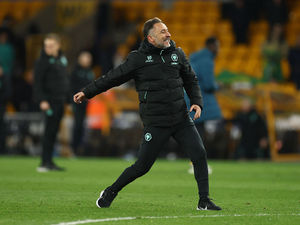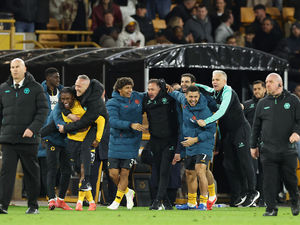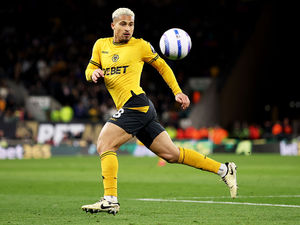Liam Keen analysis: Wolves must follow the Brighton blueprint
The gulf in class was evident from the outset – Wolves are not yet at Brighton’s level.

Although he felt Wolves deserved more from their performance, Gary O’Neil hit the nail on the head when he said: “There’s an understanding we’re very early in our process against a team that are a long way into theirs.”
The challenge for Wolves now, is to build an infrastructure and philosophy that can match Brighton’s in the long-term.
At this moment in time, Brighton are everything Wolves want and need to be. A few years ago under Nuno Espirito Santo it was Wolves leading the way, but now the Seagulls have laid their nest on the cliff edge of the Premier League’s elite.
O’Neil is respected and highly-thought of in the game, and Brighton have proved you do not need to pick a well-known head coach to have success, but O’Neil needs time.
For now, however, he also needs results and the impressive performance against Manchester United on the opening day was undone by a capitulation at Molineux.
The new boss admitted he took a risk in choosing an attack-minded team with a view of going toe-to-toe with Roberto De Zerbi’s side, and it was a risk that did not pay off.
Everyone was calling for Fabio Silva to start but he failed to make his mark, while Wolves tried and failed to get on the front foot.

In an attempt to play out from the back, ponderous touches and slow-moving passes saw Brighton press Wolves to death and force mistakes out of individuals.
Once the visitors had the ball, they ran at will and in numbers to create overloads on each flank. It was far too easy to open Wolves up and they paid the price.
O’Neil’s plan to be aggressive and make Wolves exciting is admirable and could pay-off long-term, but he currently has a side that needs to be compact in defence and Wolves were sliced open at will.
Julen Lopetegui realised it when he inherited a team bottom of the league, and his plan to save the side – which ultimately worked – was to make them hard to beat and reward clean sheets.
Frankly, it was boring but effective. O’Neil’s challenge is now to find a balance between the aggressive football he wants to play and the intelligent football Wolves may need to play.
That is particularly important when you have a team, like this Wolves side, that are short in defence.





